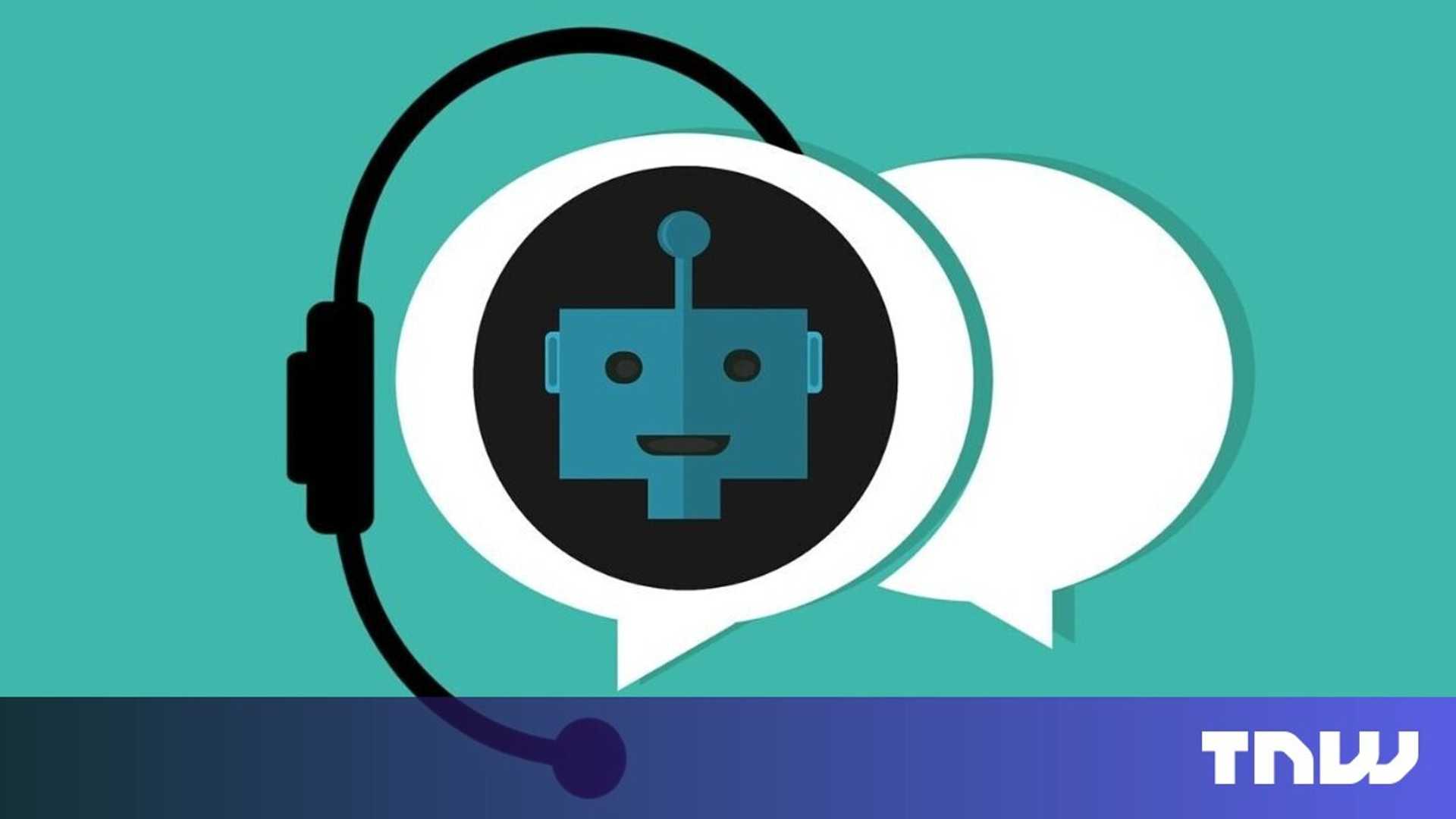ChatGPT Sparks Emergence of New App Sector, with Europe at the Forefront
A new sector of AI chat apps has been created with ChatGPT at its core, and Europe is leading the way. According to research by App Radar, since this innovative tool was launched in November 2022, these apps have received 23.6 million downloads from the Google Play Store. The study identified 40 AI chat apps using ChatGPT or a similar technology with over 10,000 users. Europe dominated the sector, with 14 apps and a total of 8 million downloads, representing 34% of the global sector's total figure. The Americas boasted nine apps with 2.7 million downloads, while Asia had seven apps with 7.4 million downloads. The remaining eight apps, with 5.2 million downloads, had an unknown country of origin.
Thomas Kriebernegg, App Radar's co-founder and managing director, sees this as one of the most explosive new sectors he has ever witnessed, attributing this in part to the media's interest in generative AI and the perception that ChatGPT is groundbreaking. In Europe, he believes that the growth has been further boosted by talented developers and an eager public willing to explore new technology.
Kriebernegg notes that "European consumers are much more willing to experiment with new technology than people in other regions." This is evident when looking at fintech app usage numbers and solutions in the UK compared to the US. Kriebernegg believes this culture enables European app developers to expand their customer base more quickly, before expanding into new territories.
The standout country in Europe is Turkey, with 5.9 million downloads across four apps, including the top three. Turkey has a burgeoning development ecosystem, a mobile gaming hub, regulations supporting startups, and a growing list of tech successes, topped by Getir, making it a potential powerhouse in this segment. However, turning this early advantage into a lucrative ecosystem will be challenging.
Currently, AI chat apps are typically monetized through ad revenue and premium subscriptions, but basic usage is free. To establish a large, paying customer base, developers must provide unique services that add significant value. Unfortunately for app-makers, existing users seem hesitant to invest. Nevertheless, Kriebernegg believes the sector will continue to grow for the time being.
"At the moment, eight apps have more than a million users, so there's plenty of room for new challengers," he says. As the market coalesces and leaders emerge, it will be much harder for new entrants to compete unless they bring something unique and innovative to the table."
The bulk of the current ChatGPT-based apps are in the Productivity and Tools categories of the Google Play Store, indicating that they are intended for day-to-day work and tasks. A smaller group in the Entertainment category caters to companionship. Analysts expect new use cases to emerge relatively quickly, but it is still unclear whether customers will prefer specialist AI apps or one-stop shops that offer a range of services.
Early app users appear to use ChatGPT predominantly for a smarter search function or a faster message drafting tool, with the model's Q&A capabilities being particularly popular. This may further concern Google about the future of search. ChatGPT-powered apps allow natural searching, providing information in an intuitive manner. This can be more accurate and faster than using questions or keywords on Google. As a result, people are embracing ChatGPT apps as assistants.
Kriebernegg believes people will begin to explore how they can automate daily assignments or assist with creativity, such as creating images or music, as they become more familiar with generative AI. Despite the sector's present challenges, the emergence of ChatGPT-based AI chat apps and Europe's leading role in the trend suggest that this is just the beginning.




















